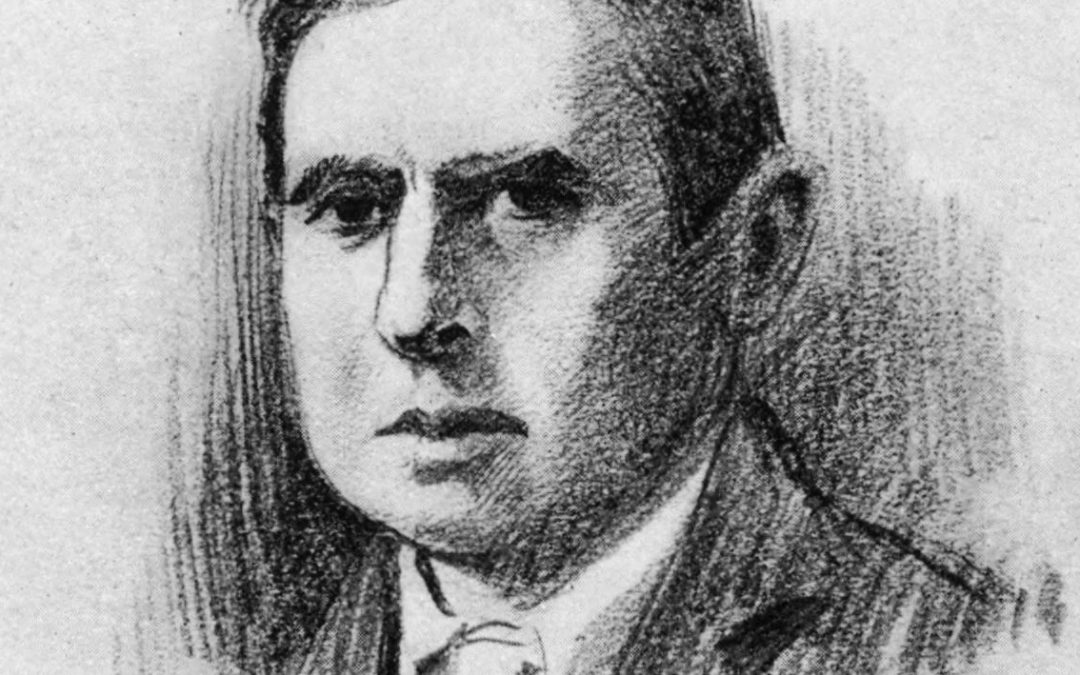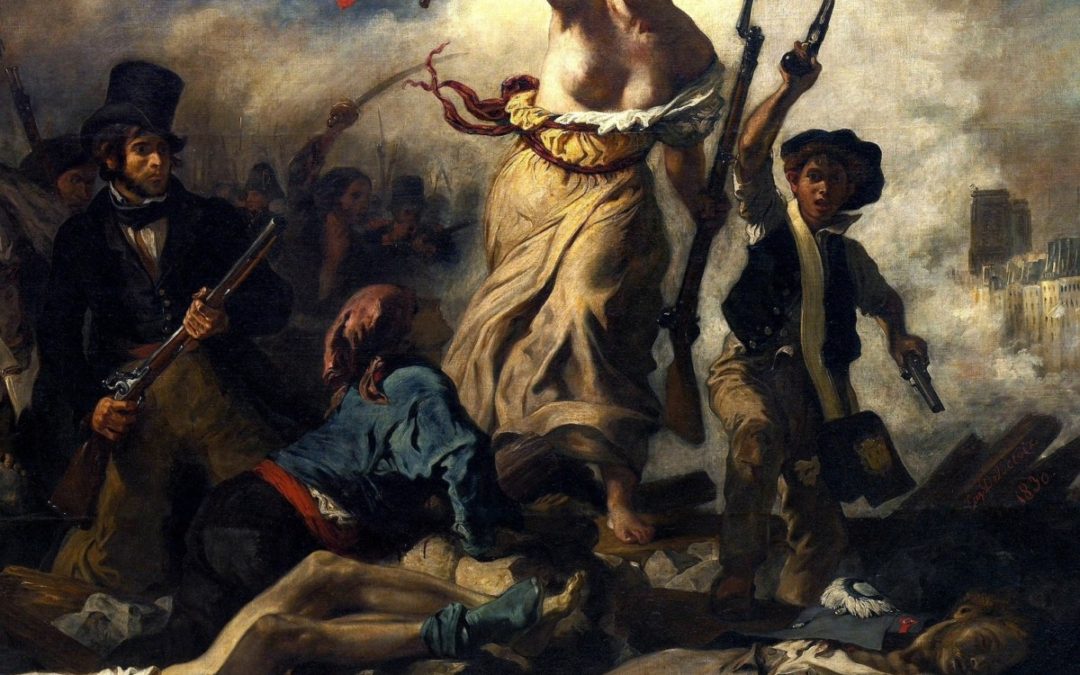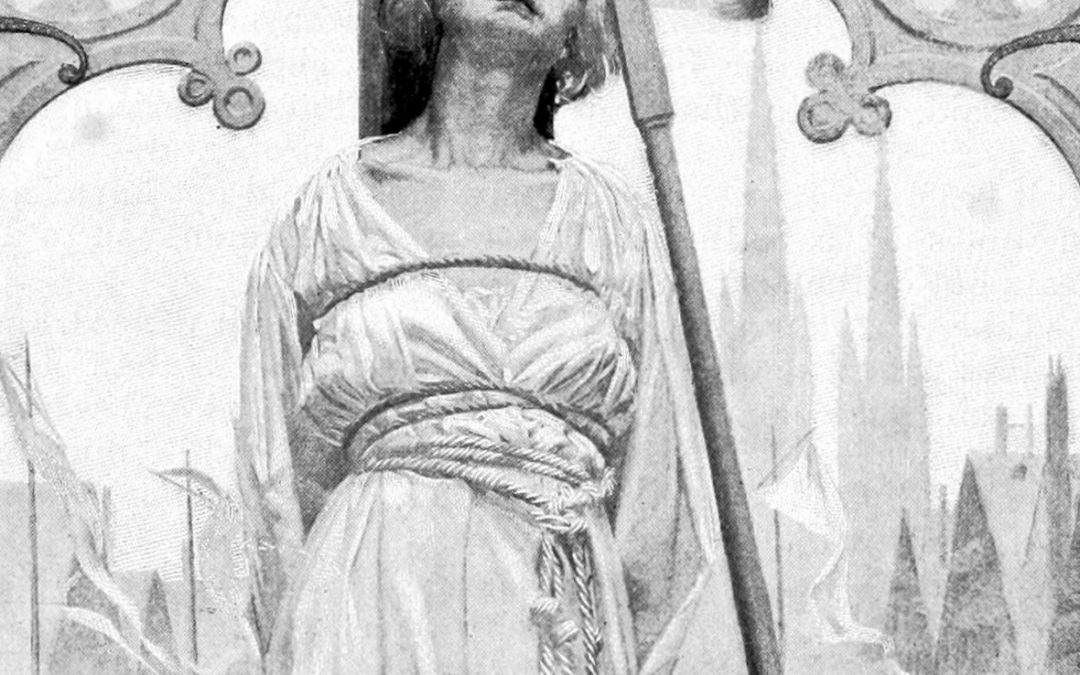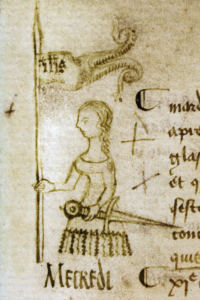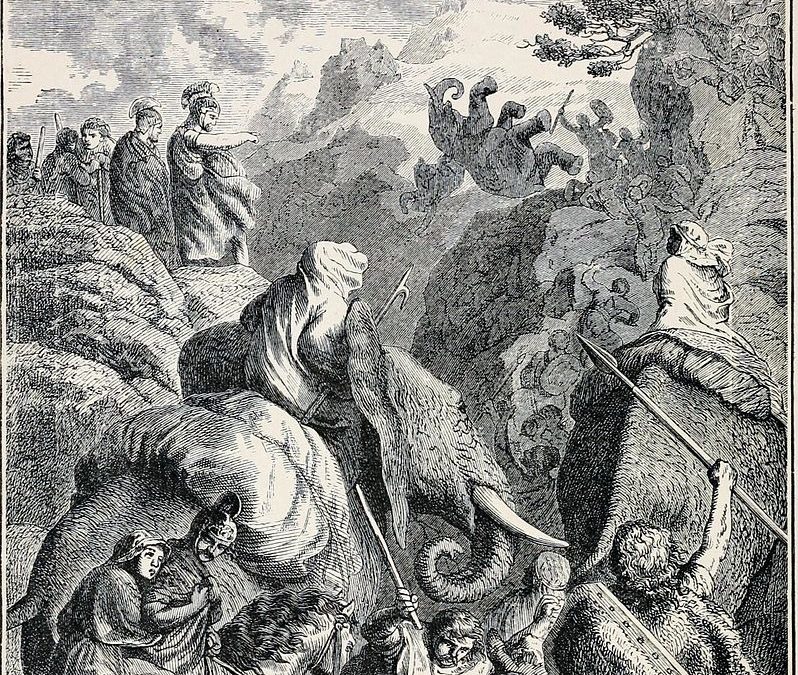A hero, not a saint
Book review:
Lafayette
by Harlow Giles Unger (b.1931)
Hoboken, NJ: John Wiley & Sons, Inc., 2002
452 pages
I acknowledge the obvious: Unger fully entertains in recounting that Marie-Joseph-Paul-Yves-Roch-Gilbert du Motier de la Fayette was a national, military, political and, indeed, a paternal hero to millions in America and France during the American and (several) French revolutions.
There is no doubt that, despite the fact that he was one of the richest French nobles of his time, Lafayette was publicly and privately dedicated to republican government and a social/economic order that was far more egalitarian than the monarchical and aristocratic structures that prevailed.
Was he a great man? Unger, like many of his biographers, says yes. Lafayette was a courageous battlefield leader, he was an enlightened manorial lord who enhanced the lives of his peasants, and he was both outspoken and fearless, repeatedly, in literally dangerous political situations for a couple decades in Revolutionary and Napoleonic France. Unger amply—even poetically—demonstrates these lifelong characteristics of the man Americans called “our Marquis.”
I also feel obliged to call attention to some countervailing factors that Unger fully describes but does not adequately interpret.
Lafayette put his money where his mouth was. He repeatedly used his great personal wealth to pay and outfit the troops he commanded, when government funds and supplies ran low. I suggest a case could be made that the Marquis, uniquely among American commanders, paid for his military success in the Revolutionary War. Throughout the war, the options and operations of colonial commanders were significantly hindered by short funds and short supplies. If Lafayette had not been able to pay, feed, clothe, and arm his troops with his personal resources, could he have been as winning a general as he was? I suspect the answer is “No.”
Some biographers refer to Lafayette as the “victor” at Yorktown in 1781. Unger calls him a “hero” of Yorktown. Lafayette was not the only American general at Yorktown, and he wasn’t the only French general. Lafayette did use his small force to isolate Cornwallis in Yorktown, but he had to wait until Washington, Rochambeau and others arrived with sufficient forces before he participated in the final assaults.
In France he repeatedly declined to step up to the plate and take executive leadership, during the revolutionary and Napoleonic convulsions, when the French people and the contentious military/political factions would have handed the throne or the presidency of France to him on a velvet pillow. The Marquis repeatedly risked his life to defuse explosive situations by his personal, courageous intervention. However, Unger fastidiously details Lafayette’s repeated reluctance to take the final step and take control when, arguably, he could have stabilized dangerous situations, and forestalled or prevented catastrophic consequences. Lafayette wasn’t responsible for the violence, but, time after time, he left a void that unfortunately was filled by lesser men.
Was Lafayette a great man? Yes. A successful general? Yes. Was he a really lucky guy? Yes. Did he and his reputation benefit immensely from great wealth and fortuitous circumstances? Yes. Did he live up to his potential in serving France and the French nation? Maybe not.
Just one other thing: Unger profligately demonstrates that Lafayette and Washington had a deeply affectionate man-to-man—explicitly, like father and son—relationship, by using far too many excerpts from their numerous letters. No biggie, but I had to stop reading them about halfway through the book…they bonded, I get it.
* * * * * *
Book review. Copyright © Richard Carl Subber 2018 All rights reserved.
–
In other words: Poems for your eyes and ears with 64 free verse and haiku poems,
and the rest of my poetry books are for sale on Amazon (paperback and Kindle)
and free in Kindle Unlimited, search Amazon for “Richard Carl Subber”
* * * * * *
